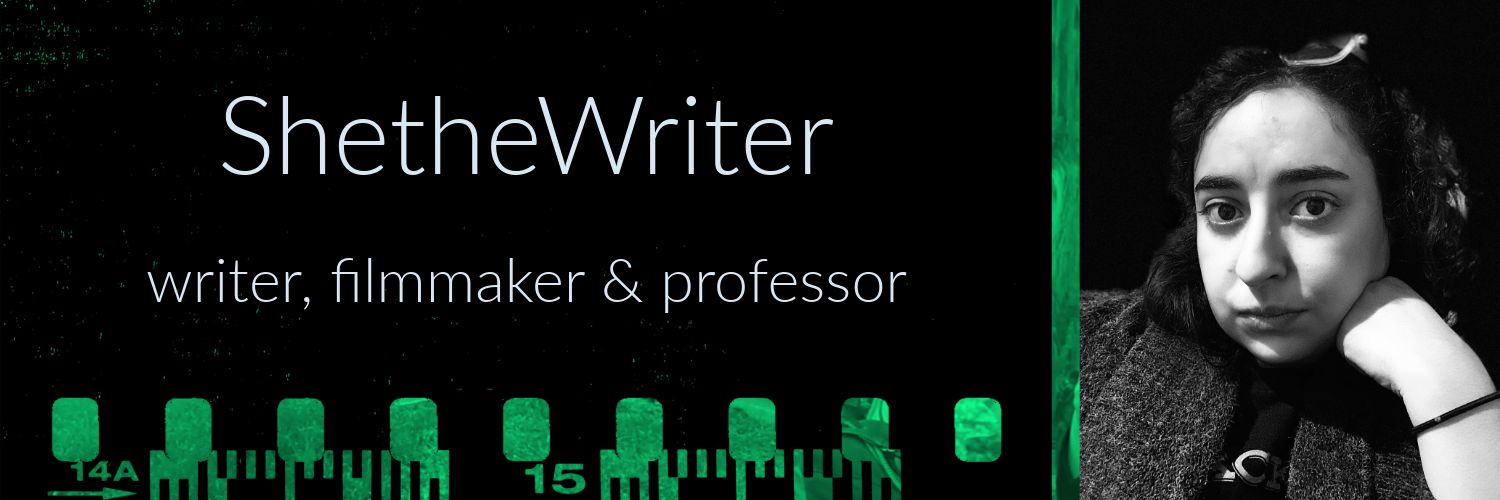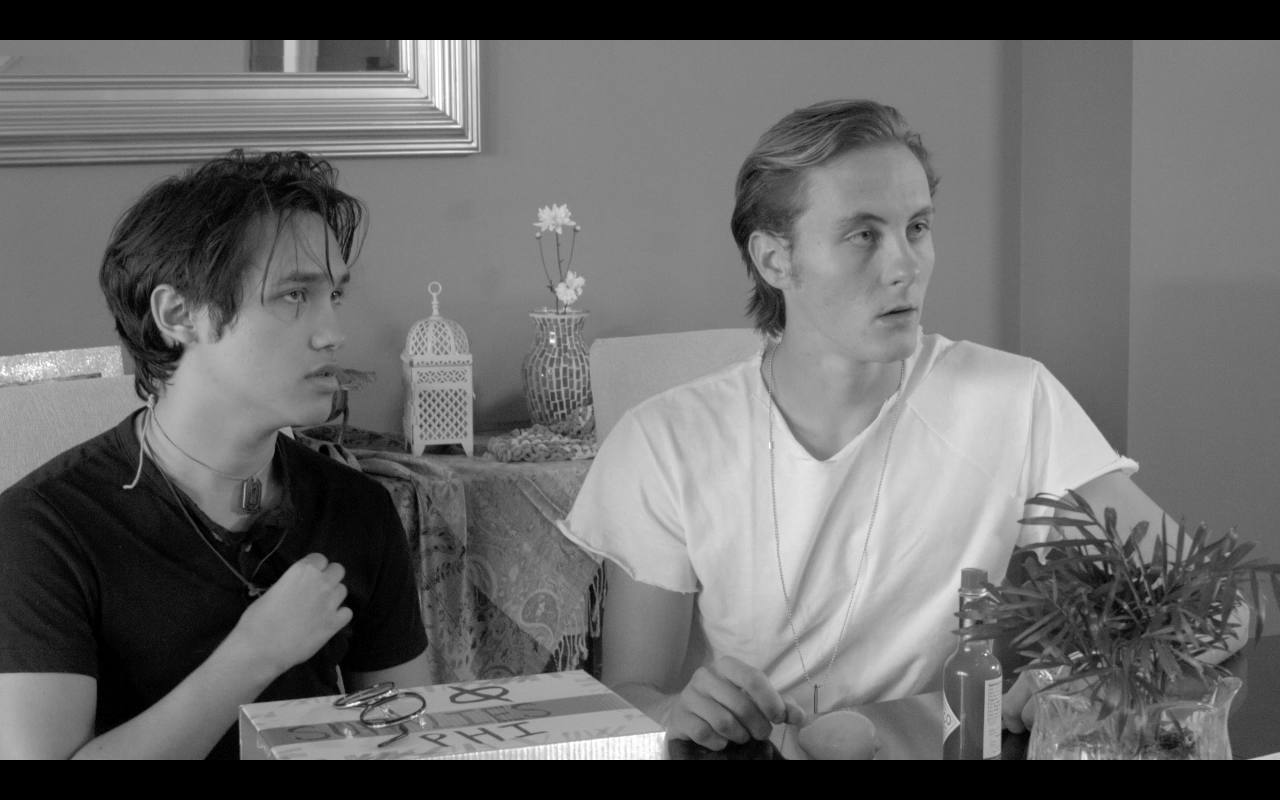In an earlier post about Delta Phi I made some kind of reference to "a production like this," and today I want to set out to define what that is.
Delta Phi is mid range in terms of length, maybe 45 minutes to an hour. It has both characters who are considered real and unreal, and all are aware of the form, so it's an investigation of metafiction that I know is sorely needed. It's funny, it's emotive, it's subtle; but it's not just the content that's made this a unique experience for me.
In terms of the production itself, it has a relatively great set of resources for something with so little overhead. I'm heading a team of no more than seven people. That means there's only one person to address or amend all the victories and all the mistakes of the production. I'm the only person that anyone has to answer to. This makes more room for mistakes, but also more room for innovations and experimentation that might otherwise be shut down.
The thing to take away from this is that it's worth knowing what your values are for a project. Invest in the priority. Know the difference between what a project needs and what you think the project needs. Our egos often get caught up in possibilities. The internet allows for a proprietary system of art making (meaning that you can get stuff out there on your own regardless of whether you're with a big publishing house or studio), so there's no "right" way of doing things. If you can afford the time to write a script, make it an unbeatable script. If you're not set on content but have access to a great camera, get to know everything it can do. That doesn't mean you stop at great. It means you know greatness so well that you can start breaking new ground and taking risks again with the aspect that you're good at. I watch so many people waste time trying to be "just okay" with every aspect of their art and life that that's where everything ends up: Just okay. It's acceptable. It's pretty good.
The Delta Phi team doesn't have a flexible schedule. It doesn't have a lot of money or locations and all of its members have less than ten years of experience in the field. A good leader finds assets in liability. Less experience means more hunger, and beginner's mind. Less locations means better locations and investment in art direction. Less time means more than meticulous planning; it means planning time and spaces for moments that should not be planned.
You can always spontaneity so long as you're regimented about when to give it room. In addition to the script, a make a compilation of brief scene descriptions that describe a premise of interaction between the characters and would help fill in dead space in the edit. I don't have to use it, it doesn't take as much time to prepare or rehearse, and it gives the team a part of the schedule each day to experiment and let new things happen.
This message about resourcefulness is one that I've shared before; but it's one that's always relevant, and often takes a while to sink in :)
Peace,
Ayah
#DeltaPhiFilm



